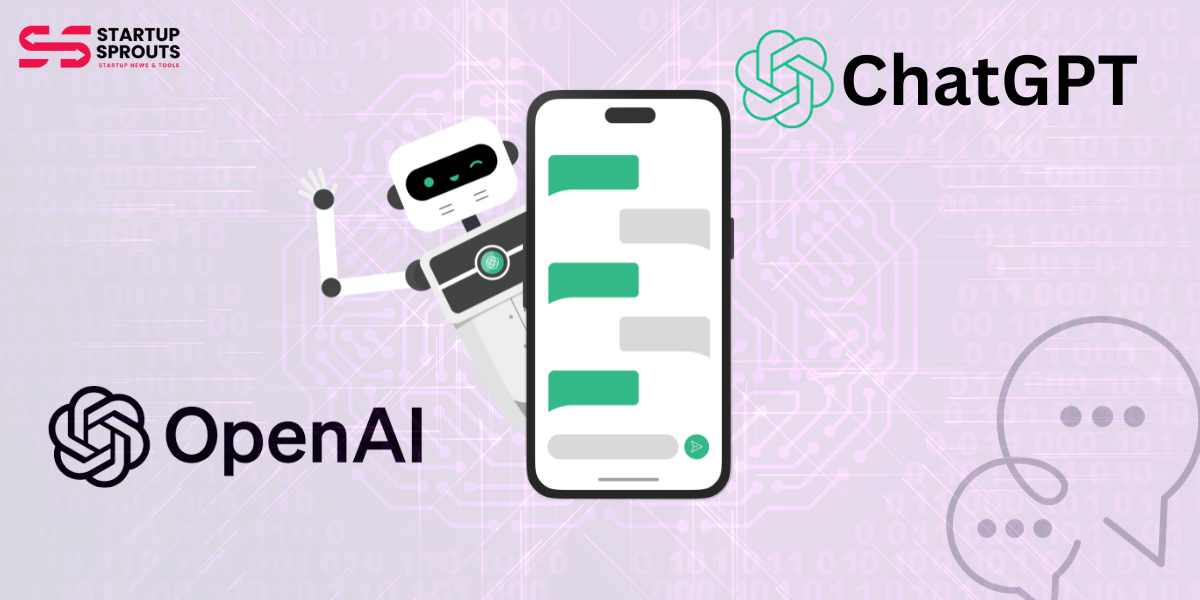OpenAI Unveils Marketplace for Tailored AI-Driven Chatbot Solutions
OpenAI has officially launched the GPT Store, a platform for custom chatbot apps powered by its text- and image-generating AI models, such as GPT-4 and DALL-E 3.
Accessible through a new tab in the ChatGPT client on the web, the GPT Store showcases a variety of GPTs developed by both OpenAI’s partners and the broader developer community.
Users subscribed to OpenAI’s premium ChatGPT plans (ChatGPT Plus, ChatGPT Enterprise, or ChatGPT Team) can explore popular and trending GPTs on the community leaderboard, categorized into areas like lifestyle, writing, research, programming, and education.
At the initial launch, some available GPTs include a trail recommender from AllTrails, a coding tutor from Khan Academy, and a content designer from Canva.
These GPTs are currently free to use, but OpenAI has plans to introduce a “GPT builder revenue program” in Q1, allowing U.S. builders to earn income based on user engagement with their GPTs.
Developers can create GPTs using OpenAI’s GPT Builder tool, which does not require coding experience. The tool allows developers to specify the capabilities they want their GPT to have in plain language, and GPT
Builder will attempt to generate an AI-powered chatbot accordingly. GPTs can range from simple to complex, such as providing information on specific recipes or analyzing a company’s proprietary codebases.
To list GPTs in the GPT Store, developers need to verify their user profiles and submit their GPTs to OpenAI’s new review system, a combination of human and automated review, ensuring compliance with the company’s terms of use.
Although developers cannot charge for GPTs at the launch, OpenAI plans to release details of the payment criteria in the future.
The GPT Store was initially announced during OpenAI’s first annual developer conference, DevDay, last year but experienced a delay, likely related to the leadership changes in November.
The GPT Store is seen as a way to democratize generative AI app creation, potentially disrupting consultancies focused on building similar applications for customers.
The industry has yet to see the impact of this development.
Related posts
Leave a Reply Cancel reply
You must be logged in to post a comment.
Hot Topics
Subscribe for newsletter
* You will receive the latest news and updates on your favorite celebrities!


Stay connected